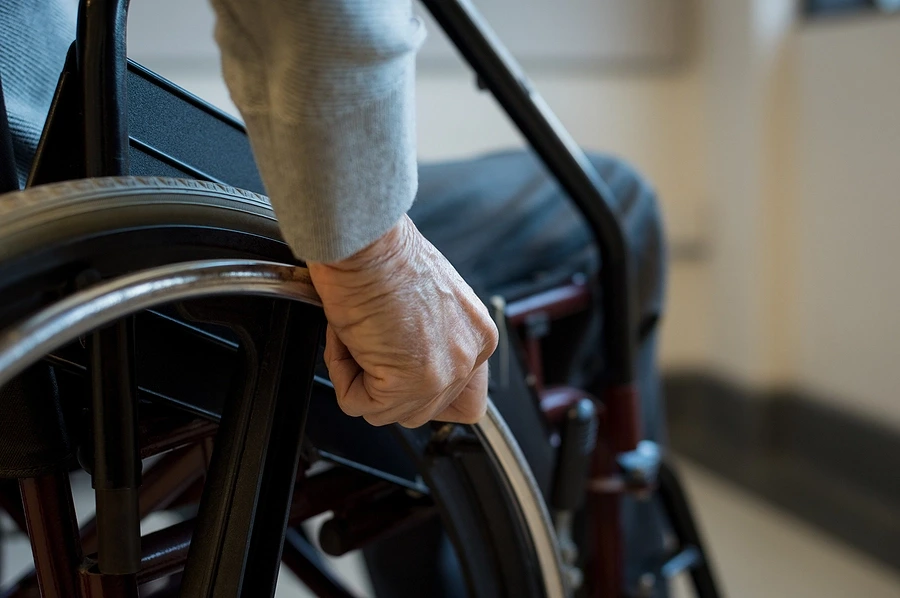Alabama’s Disability Hearings: What to Expect and How to Prepare

Facing a disability hearing in Alabama can be a daunting prospect for individuals seeking Social Security Disability (SSD) benefits. However, understanding what to expect and how to prepare can significantly increase your chances of a successful outcome. Let’s explore the disability hearing process in Alabama and essential tips for effective preparation.
Understanding the Purpose of Disability Hearings
Disability hearings serve as an opportunity for individuals to present their case before an Administrative Law Judge (ALJ) and provide additional evidence to support their claim for SSD benefits. These hearings are typically scheduled after an initial application for benefits has been denied and the applicant has requested an appeal.
Hearing Procedures and Format
Disability hearings in Alabama are conducted in person or via video conference and follow a structured format. During the hearing, the ALJ will ask questions about the applicant’s medical condition, work history, daily activities, and functional limitations. Additionally, applicants may have the opportunity to testify and provide additional evidence to support their claim.
Role of the ALJ
The ALJ presiding over the disability hearing is responsible for impartially evaluating the evidence presented and determining whether the applicant meets the eligibility criteria for SSD benefits under the Social Security Administration’s guidelines. The ALJ may also question expert witnesses, such as medical or vocational experts, to obtain additional information relevant to the case.
Evidence Presentation
Effective presentation of evidence is critical during disability hearings. Applicants should gather and organize relevant medical records, treatment notes, diagnostic test results, and supporting documentation to substantiate their claim. Additionally, providing detailed testimony about the impact of their disability on daily activities and work-related tasks can strengthen their case.
Legal Representation
While applicants are not required to have legal representation during disability hearings, seeking guidance from an experienced SSD attorney can be invaluable. An attorney can help prepare you for the hearing, gather relevant evidence, formulate persuasive arguments, and advocate for your rights before the ALJ. Having legal representation can significantly improve your chances of a favorable outcome.
Preparing for Questions
Applicants should anticipate the types of questions they may be asked during the hearing and prepare thoughtful, concise responses. It’s essential to be honest and forthcoming about your medical condition, limitations, and functional abilities, as credibility plays a significant role in the ALJ’s decision-making process.
Appearing Professional and Respectful
Dressing professionally and maintaining a respectful demeanor during the hearing can leave a positive impression on the ALJ and contribute to a favorable outcome. Arriving early, following courtroom etiquette, and treating all participants with courtesy and respect demonstrate your seriousness and commitment to the proceedings.
Conclusion
Navigating a disability hearing in Alabama requires careful preparation, effective communication, and thorough presentation of evidence. By understanding the hearing process, gathering relevant documentation, seeking legal guidance when needed, and presenting yourself professionally, you can maximize your chances of a successful outcome and obtain the SSD benefits you deserve.